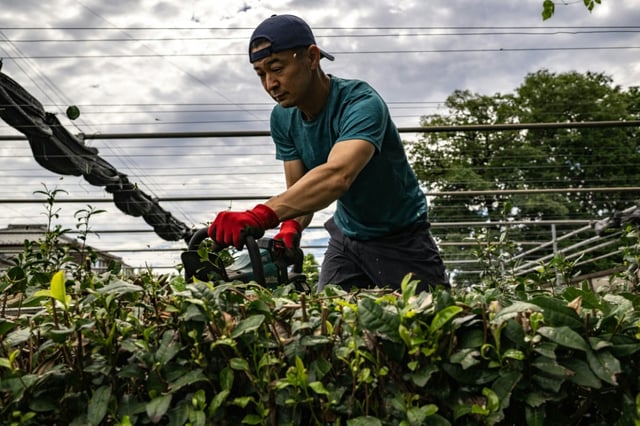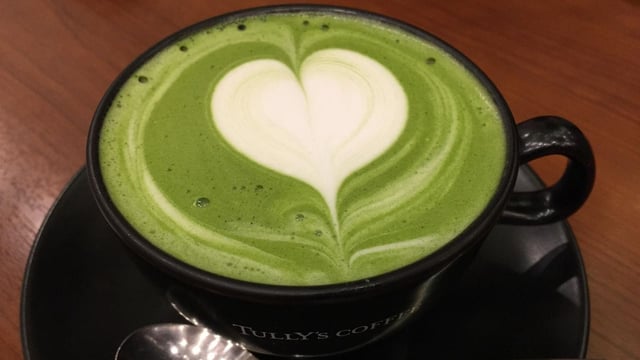Overview
- Matcha’s market size nearly doubled in the past year as health-driven consumption and influencer marketing expand its global reach.
- At Kettl Tea in Los Angeles, founder Zach Mangan reports that only four of 25 matcha varieties remain in stock due to ongoing supply deficits.
- The shading, hand-picking, deveining and stone-grinding processes make matcha production labor-intensive and difficult to scale quickly.
- In 2024 matcha comprised over half of Japan’s green tea exports, yet rising US tariffs and a decline in rural tea plantations threaten future supply.
- Consumers are drawn to matcha for its high antioxidant content and sustained caffeine boost, a trend amplified by TikTok and Instagram influencers.


